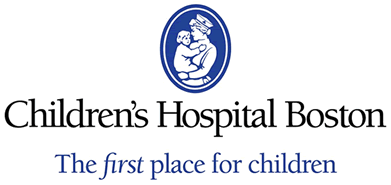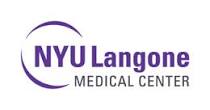Bortezomib With Chemotherapy for Relapsed Pediatric Acute Lymphoblastic Leukemia (ALL)
| Status: | Archived |
|---|---|
| Conditions: | Blood Cancer |
| Therapuetic Areas: | Oncology |
| Healthy: | No |
| Age Range: | Any |
| Updated: | 7/1/2011 |
A Study of Bortezomib With Chemotherapy for Relapsed/Refractory Acute Lymphoblastic Leukemia
This is a Phase I/II study of a drug called bortezomib given in combination with
chemotherapy drugs used to treat acute lymphoblastic leukemia (ALL) that has come back
(recurred). Bortezomib is a drug that has been approved by the Food and Drug Administration
(FDA) for treating adults with multiple myeloma which is a type of blood cancer. Bortezomib
has been shown to cause cancer cells to die in studies done on animals (mice). Studies have
been done that have shown that some adults and children with cancer have shown a response to
bortezomib when it is used alone. Studies have also been done in adults to evaluate the dose
of bortezomib that can be safely given in combination with other chemotherapy drugs.
The Phase I portion of this study is complete and the dose for the phase II portion of the
study is 1.3mg/m2/day. The phase II portion of the study is open and accruing.
All patients will receive 1 course of chemotherapy unless medical complications prevent the
administration of some of the drugs. Treatment will last about 1 month.
Treatment on this study will consist of a combination of 7 anti-cancer medications. The 7
anti-cancer medicines are bortezomib, vincristine, dexamethasone, PEG-asparaginase,
doxorubicin, cytarabine (Ara-C), and methotrexate (MTX).
If you are in the Phase I portion of this study, you will be given an assigned dose of
bortezomib. The dose of bortezomib will be based on doses given in previous studies done
with adults and children. At each dose level of bortezomib, between 3 and 6 children will
receive bortezomib in combination with chemotherapy. If the side effects are not too
severe, the next group of children will receive a higher dose. The dose will continue to be
increased until we find the dose that causes serious side effects. Your dose of bortezomib
will not be increased. If you have bad side effects, your dose may be decreased.
The dose used during the Phase 2 part of this study will be determined by the outcome of the
Phase I study. The highest dose used in Phase I that was tolerated without serious side
effects will be the one used in Phase 2.
We found this trial at
10
sites
Click here to add this to my saved trials
Children's Hospital - Boston Boston Children's Hospital is a 395-bed comprehensive center for pediatric health...
Click here to add this to my saved trials
City of Hope Comprehensive Cancer Center City of Hope is a leading research and treatment...
Click here to add this to my saved trials
Childrens Hospital Los Angeles Children's Hospital Los Angeles is a 501(c)(3) nonprofit hospital for pediatric...
Click here to add this to my saved trials
University of Miami Hospital The University of Miami changed the face of modern health care...
Click here to add this to my saved trials
New York University Langone Medical Center NYU NYU Langone Medical Center, a world-class, patient-centered, integrated,...
Click here to add this to my saved trials
Click here to add this to my saved trials
Click here to add this to my saved trials
500 Parnassus Ave
San Francisco, California 94143
San Francisco, California 94143
(415) 476-9000

University of California at San Francisco (UCSF) The leading university exclusively focused on health, UC...
Click here to add this to my saved trials
Click here to add this to my saved trials




